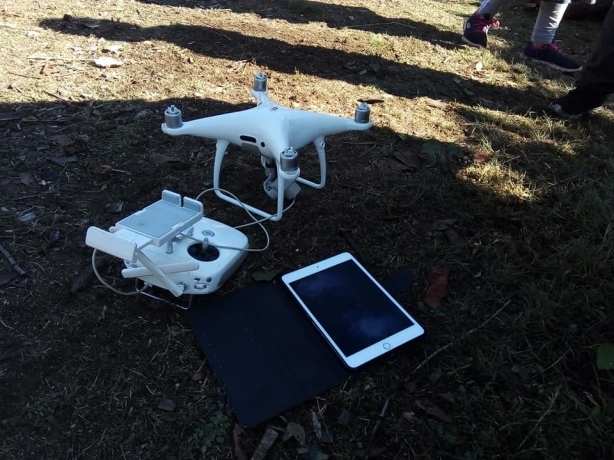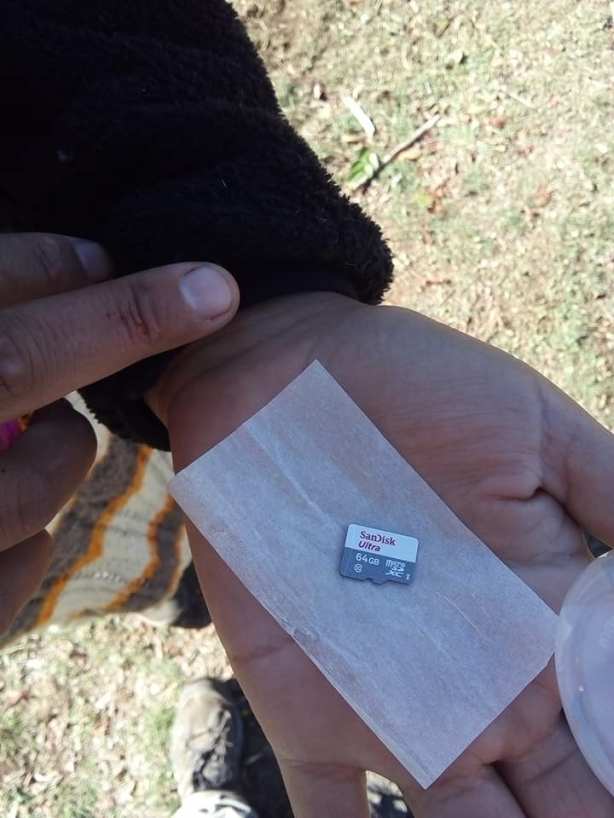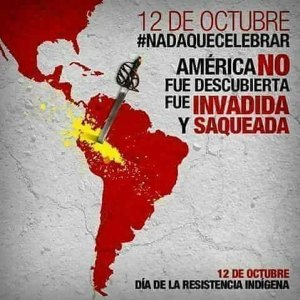Interview with Inge Pierre, Chairwoman of Kaikoesie Foundation, The Netherlands
By: M. Cárdenas Llancaman @c_llancama

Inge Pierre
The Kalinya people are one of the First Nations which live in Surinam and neighbouring states. At the beginning of the conquest, they resisted a Portuguese invasion as well as British attempts to grab their territory. Although Kalinya were defeated by Dutch conquerors, nowadays they carry on fighting for their rights and land. In this interview, Inge Pierre, a Kalinya woman and chairperson of a foundation in favor of her people, tells us about the story and hopes of this First Nation.
M: Inge, I´m glad to do this interview, can you tell me about the history of Kalinya people?
Inge: Thank you, the Kalinya people have lived for as long as I remember in what Westerners call the three Guyanas: Surinam, the French Guyana and the British Guyana. Our people are also living in Venezuela and Brazil. In 1593 the first Portuguese conquerors came to our land and we fought with them until they were forced to leave, after that the British tried to invade us and we also fought with them. As a consequence of the war, the British exchanged the lands of Surinam for Dutch colonies in North America: they exchanged Surinam for Staten Island (and Manhattan Island, it´s called the Treaty of Breda, 1667, and nowadays both islands belong to New York state).
That was how we came under Dutch authority, they came with another policy, apparently with kindness and trade. In that way our people were distracted, conquested and finally killed; behind their nice gifts they brought to us poison and sickness. After a while all the native people, together, made a rebellion attacking to the Dutch governor Van Sommelsdijck in which he almost died, thus forcing him to wave the white flag. When the Dutch settlers surrendered they signed a treaty (in 1686) with Kalinya people led by Kaikoesie, the warlord of that rebellion. The treaty contained the understanding that the Kalinya were prohibited to work on the Dutch plantations, and also allowed the Dutch to keep some of their plantations in the country for rent. Thirty silverlings per month from that time on.
However, they didn’t respect the treaty, Van Sommelsdijck called a great number of soldiers to Surinam and after that they wiped a lot of people out. Since then we have always struggled for land, we try to defend the land and our people are not afraid. So, that is how many of our ancestors have died in the battle.
M: Nowadays, what is the current struggle of Kalinya people?
Inge: We are fighting to keep our traditional religion. We are fighting to keep our hunting land, our fishing grounds and the places where we have plantations. That´s our current struggle. We also have a few people who have studied law and we have organized all the villages to claim the land back. We went to the International Human Rights Court to file a lawsuit against the State of Surinam. We struggled because of the same reasons we had in the past.
M: Since the independence of Surinam from the Dutch in 1975, did your situation change?
Inge: The situation could have been different, but the new State and the new government –the Surinamese government- is a mix of different people: Africans, Indians, Indonesians, and Chinese. It would be nice if they respected the law, our traditions and our land but they don´t. They just continue the colonial system.
M: How do you think about the future for indigenous First Nations?
Inge: Well, it´s a good question. This is a world-wide struggle, because this battle is not unique to our country. I think that every First Nation I´ve spoken to, I´ve met, or I´ve read about in newspapers, face a similar battle for their existence; fighting for the protection of the language, protecting the way we have our beliefs, and overall fighting to live in harmony with the nature. My opinion is that there must be more effective ways to organize with other indigenous nations in South America.
M: How do you think we can be helpful for the whole world? What can we teach to westernized societies?
Inge: The society now needs a new way, I mean a new way for them (westernized societies), we have the way already. We have contact with nature, we do things in harmony with the environment, we don´t pollute, we do not make a large industry using a lot of chemical substances as they do. I think, we, as indigenous people, have to speak about how we live, and make people know how they could save the environment.
I also know the westernized society is looking for a way to decontaminate the polluted air, the polluted ground. Nowadays they have been looking for it, but they are not looking at us, so they have to look at us. We have to profile ourselves, we have to make the world know what our knowledge is. However, we have already tried everything, I mean, I´m not the first who has been thinking about this. There are so many people before me who have died or are now old – my father, for instance- and they also said the same thing. So, why doesn´t the western society want to take our knowledge they need so badly? It´s because they need the land! They need the land more than they need us.
For Information: Stichting Kaikoesie



